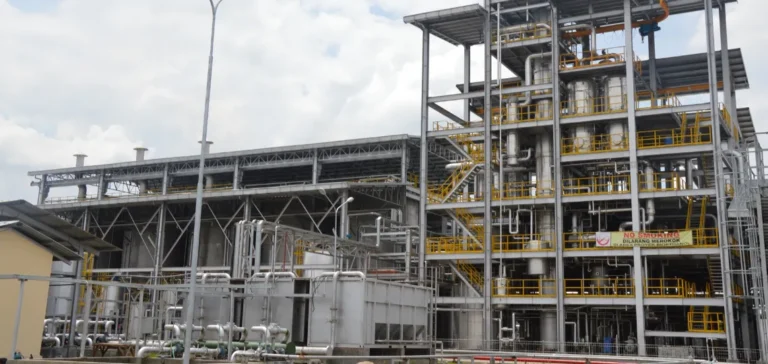Indonesia is preparing to introduce a nationwide mandate requiring a 10% bioethanol blend in gasoline, as part of a strategy to reduce dependence on petroleum imports and strengthen the country’s energy self-sufficiency. Minister of Energy Bahlil Lahadalia confirmed that President Prabowo Subianto had approved the plan during a recent meeting with industry stakeholders.
Political backing for swift implementation
The announcement comes as Indonesia aims to become one of Southeast Asia’s largest consumers of bioethanol. The country is seeking to capitalise on its agricultural resources, including sugarcane and palm oil, to develop alternative fuels. Implementation of the mandatory blend had previously been delayed due to supply constraints.
Simon Aloysius Mantiri, Chief Executive Officer of PT Pertamina (Persero), stated that the company is ready to execute the programme, according to the state-run news agency. Pertamina, the national energy company, would be responsible for overseeing distribution of the blended fuel across Indonesia.
Production capacity and import-export balance
Data from the Indonesian Association of Methylated Spirits and Ethanol Producers (Apsendo) show that national bioethanol production capacity reached 303,325 kilograms in 2024. However, actual production totalled only 160,946 kg, requiring an additional 11,829 kg in imports to meet demand.
Last year, domestic demand for bioethanol reached 125,937 kilolitres, while exports stood at 46,839 kilolitres. The gap between installed capacity and actual output raises questions about the country’s short-term ability to meet the requirements of the 10% mandate.
Industrial transition under logistical constraints
The project could stimulate investment in distillation facilities and the logistical infrastructure needed for transporting and storing bioethanol. However, no specific announcement has yet been made regarding a start date for the programme or incentive mechanisms for producers.
Implementation of the plan will rely heavily on coordination among relevant ministries, agricultural producers, refiners and distributors. In the absence of a rapid increase in domestic capacity, reliance on imports may persist during the early stages of the programme’s rollout.






















